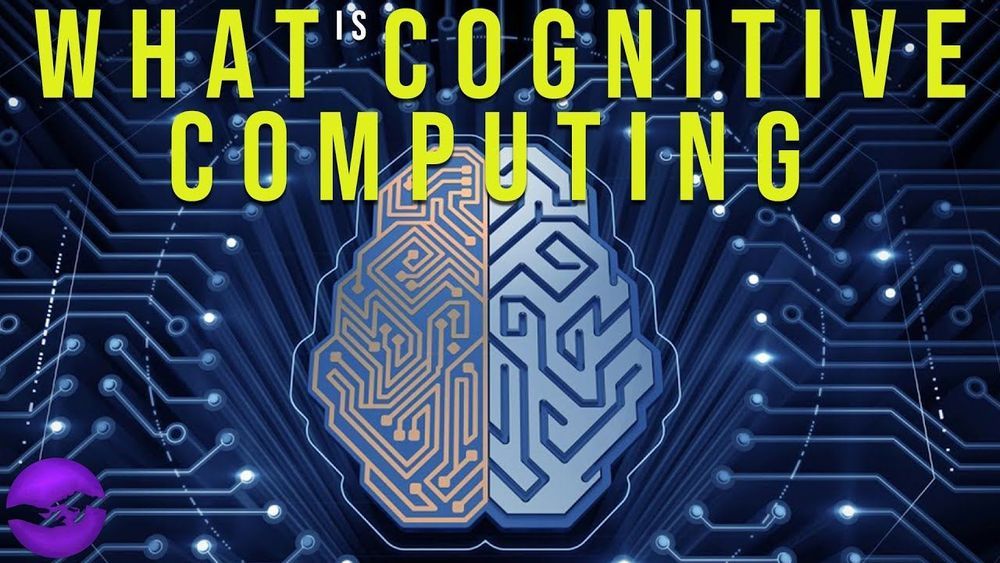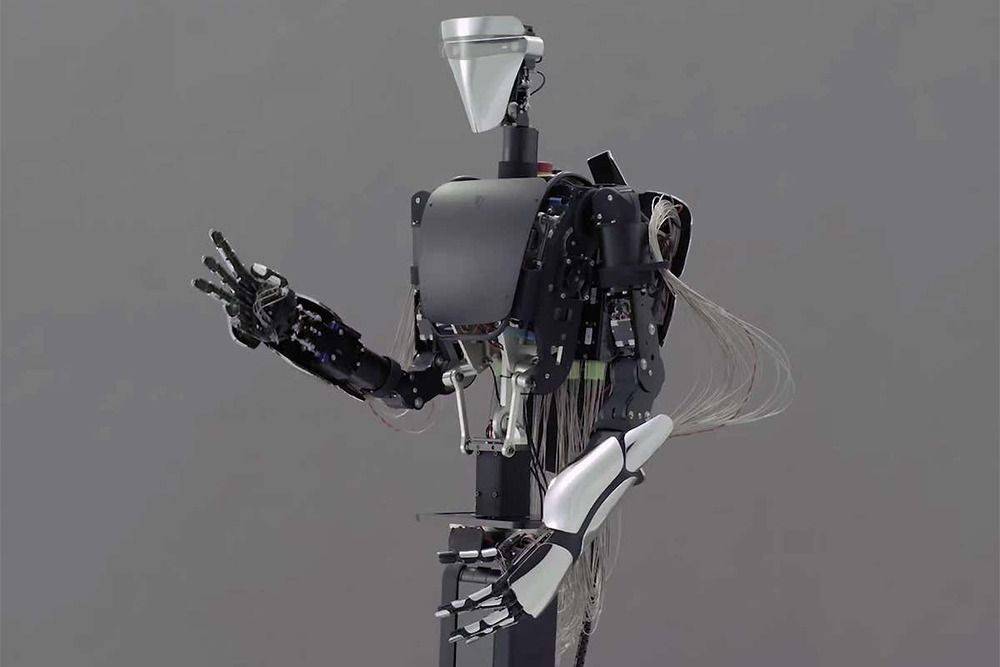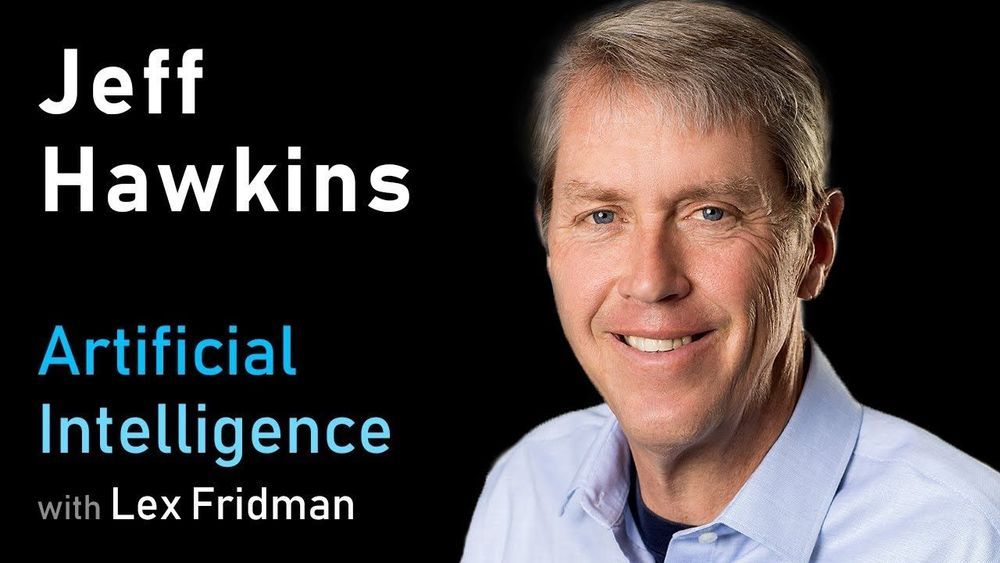Detailed earthquake information — overview map, magnitude, time, depth, information source, shake map, list of reports. Feature interactive map: submit / read I-felt-an-earthquake reports and links to further info.






Bose is known for its high-end speakers, but now it’s putting its tech into sunglasses.

This video is the eleventh in a multi-part series discussing computing. In this video, we’ll be discussing what cognitive computing is and the impact it will have on the field of computing.
[0:28–5:09] Starting off we’ll discuss, what cognitive computing is, more specifically – the difference between current computing Von Neuman architecture and more biologically representative neuromorphic architecture and how these two paired together will yield massive performance and efficiency gains!
[5:09–10:46] Following that we’ll discuss, the benefits of cognitive computing systems further as well as current cognitive computing initiatives, TrueNorth and Loihi.
[10:46–17:11] To conclude we’ll extrapolate and discuss the future of cognitive computing in terms of brain simulation, artificial intelligence and brain-computer interfaces!
Thank you to the patron(s) who supported this video ➤
Wyldn pearson collin R terrell kiyoshi matsutsuyu


I listened to the first hour. it takes time… and the right frame of mind, but it’s worth it.
Jeff Hawkins is the founder of Redwood Center for Theoretical Neuroscience in 2002 and Numenta in 2005. In his 2004 book titled On Intelligence, and in his research before and after, he and his team have worked to reverse-engineer the neocortex and propose artificial intelligence architectures, approaches, and ideas that are inspired by the human brain. These ideas include Hierarchical Temporal Memory (HTM) from 2004 and The Thousand Brains Theory of Intelligence from 2017. This conversation is part of the Artificial Intelligence podcast. Audio podcast version is available on https://lexfridman.com/ai/
INFO:
Podcast website: https://lexfridman.com/ai
Course website: https://deeplearning.mit.edu
YouTube Playlist: http://bit.ly/2EcbaKf
EPISODE LINKS:
Thousand brain theory: http://bit.ly/2Xl83he
On Intelligence: https://amzn.to/322Qly4
Numenta: https://numenta.com/
OUTLINE:
0:00 — Introduction
1:28 — Understanding how the human brain works.
5:44 — Parts of the brain
11:05 — How much do we understand?
14:20 — Nature of time in the brain
20:22 — Building a theory of intelligence.
34:29 — Thousand brains theory of intelligence.
40:06 — Ensembles and sensor fusion
44:00 — Concepts and language
45:38 — Memory palace and method of loci.
50:20 — Reference frames
57:33 — Open problems
59:00 — Context
1:01:50 — Introspective thinking about the brain.
1:04:19 — Deep learning
1:23:09 — Benchmarks
1:27:07 — Brain learning process
1:34:33 — How far are we from solving intelligence.
1:38:37 — Possibility of AI winter
1:39:58 — Consciousness and intelligence.
1:49:16 — Mortality
1:53:49 — Will understanding intelligence make us happy?
1:55:19 — Existential threats of AI
2:01:45 — Super-human intelligence and our future.
CONNECT:
- Subscribe to this YouTube channel
- Twitter: https://twitter.com/lexfridman
- LinkedIn: https://www.linkedin.com/in/lexfridman
- Facebook: https://www.facebook.com/lexfridman
- Instagram: https://www.instagram.com/lexfridman
- Medium: https://medium.com/@lexfridman

Will your ‘Naruto run’ work there?
